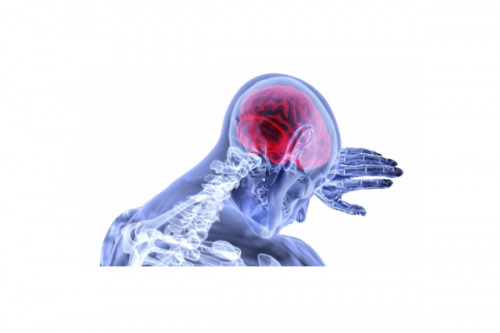Dementia caused by fluid accumulation in brain treatable

Hyderabad, June 19 (IANS) Dementia caused by fluid accumulation in the brain can be treated with minor surgical procedures, said a doctor who successfully treated such a case at a private hospital here.
Dementia commonly appears as people age. Symptoms include repeatedly calling children despite having already done so, forgetting what was eaten for lunch by evening, and not recognising familiar people.
Many children perceive these behaviours as stubbornness and get frustrated with their elders.
However, it's crucial to recognise that this could be dementia.
Identifying it and seeking treatment can potentially lead to full recovery.
Certain types of dementia come with unique problems such as loss of bladder control, walking much faster than usual, and remembering names of distant people but not those close to them.
Children must be very vigilant in such cases, understanding that these are medical issues and consulting the right doctors for treatment.
Doctors at Kamineni Hospital in LB Nagar here successfully treated a 73-year-old man with such symptoms through minor surgery.
According to consultant neurosurgeon Dr. Ramesh, the patient had been experiencing difficulties for the past six months.
The patient had no control over urination and walking became slow. Additionally, he couldn’t remember what he had for lunch by evening.
These various problems were causing significant concern for his family members.
Upon examination, it was found that fluid had accumulated in his brain.
Typically, if such fluid accumulates in young people, it can lead to a coma because they can't bear the pressure.
However, as people age, their brain gradually shrinks, creating some space where this fluid can accumulate.
This accumulation puts pressure on the brain, leading to dementia. This type of dementia can be treated with minor surgical procedures.
“In Shankarrao's case, we removed the fluid from his spine over three consecutive days, which gradually reduced the fluid in his brain. Then, a stunt was placed in his brain, allowing the fluid to drain into the abdomen, where it is expelled through normal bodily processes.
“From the moment the fluid was removed, Shankarrao's condition significantly improved,” said Dr Ramesh.
“He is now living a normal life again, recognising everyone. His walking has also returned to normal, and he has no problems. For the next five years, he is not expected to face any issues. Regular check-ups with doctors and necessary medication will suffice," explained Dr. Ramesh.
However, he noted that this treatment is not effective for all types of dementia, but only for dementia caused by fluid accumulation in the brain.

|

|

